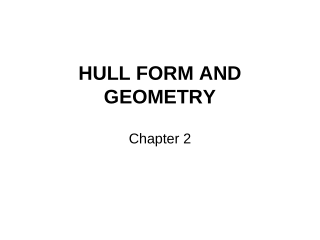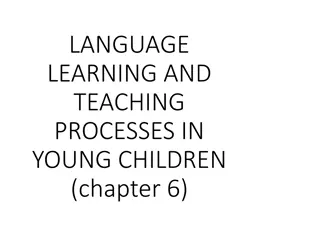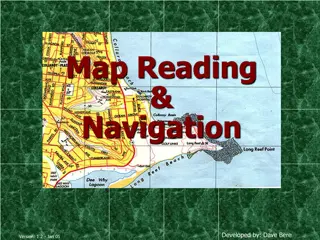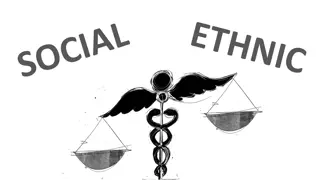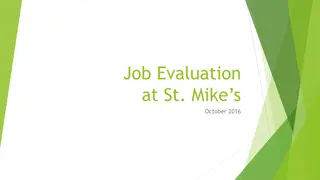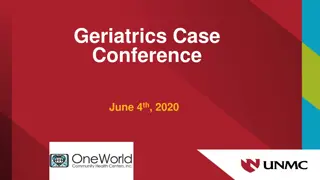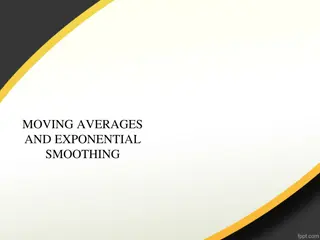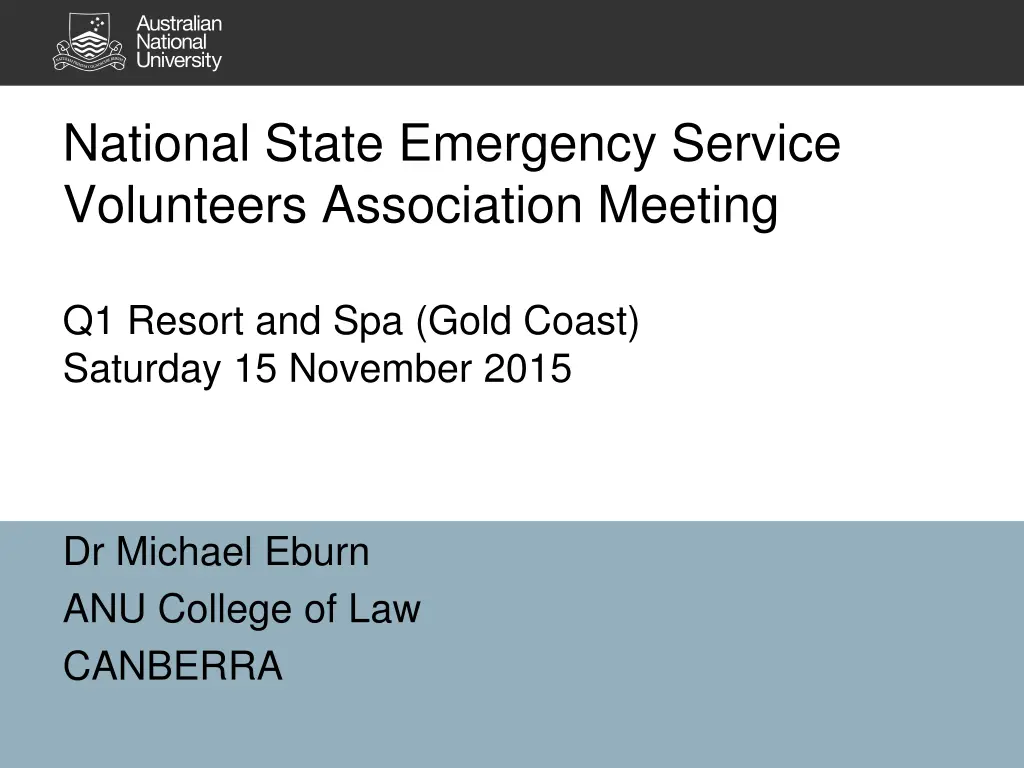
Natural Justice in State Emergency Services Volunteers Meeting
Explore the concept of natural justice in the context of State Emergency Service Volunteers Association meeting held at Q1 Resort and Spa. The meeting addressed key issues surrounding fair decision-making processes and the importance of providing individuals with an opportunity to be heard before significant decisions are made. Delve into legal cases and discussions related to upholding rights, interests, and reputation in the SES. Understand the implications and remedies available within the NSW SES Act for addressing disputes and decisions affecting volunteers.
Download Presentation

Please find below an Image/Link to download the presentation.
The content on the website is provided AS IS for your information and personal use only. It may not be sold, licensed, or shared on other websites without obtaining consent from the author. If you encounter any issues during the download, it is possible that the publisher has removed the file from their server.
You are allowed to download the files provided on this website for personal or commercial use, subject to the condition that they are used lawfully. All files are the property of their respective owners.
The content on the website is provided AS IS for your information and personal use only. It may not be sold, licensed, or shared on other websites without obtaining consent from the author.
E N D
Presentation Transcript
National State Emergency Service Volunteers Association Meeting Q1 Resort and Spa (Gold Coast) Saturday 15 November 2015 Dr Michael Eburn ANU College of Law CANBERRA
Castle v Director General State Emergency Service [2008] NSWCA 231 The issue of natural justice an opportunity to be heard before the decision is made. Not all decisions involve an obligation to be fair 3
Kioa v West (1985) 159 CLR 550 at 584 (Mason J) when an order is to be made which will deprive a person of some right or interest or the legitimate expectation of a benefit, he is entitled to know the case sought to be made against him and to be given an opportunity of replying to it The reference to right or interest in this formulation must be understood as relating to personal liberty, status, preservation of livelihood and reputation, as well as to proprietary rights and interests. 4
In this case the only possible foundation for the declarations sought is that the deregistration of the Unit and the revocation of his appointment damaged his reputation ([30] Handley JA) 5
At [39] The claimant may have been the cause of the problem and not fit for command of a group of volunteers. It was at least careless of him to lose his entire membership by resignation. The Direct or-General may not have accepted his version of the events, or his explanation for the mass resignations, but he was never given the chance. 6
At [50] (Sackville AJA) His removal from the position he occupied entailed a loss of responsibilities and of status. it is a fair inference that it also involved a loss of reputation. 7
But whats the remedy? The NSW SES Act s 18AA sets out powers of Commissioner and gives authority to internal procedures. The Act does not give review authority to the NSW Civil and Administrative Tribunal to review the decision (see Administrative Decisions Review Act 1997 (NSW) ss 6- 9). 8
Public officials Members of NSW SES are public officials for the purposes of the Public Interest Disclosures Act 1994 (NSW) (see s 4A(2)). It is an offence to take detrimental action against a person for taking action under that Act (s 20). 9
But whats the remedy? Chapman v Victoria State Emergency Service [2015] VCAT 1402 No review as the decision wasn t made under the Act. Gilmour v Queensland Fire and Emergency Services [2014] QCAT 70 No review as the Act did not give QCAT jurisdiction. 10
AFAC Emergency Management Professionalisation Scheme
What is a profession? Profession determines its own knowledge; Authority recognised by society and sanctioned by society; self-regulation that protects practitioners and supports disciplinary criteria and actions to censure, suspend, or remove code violators (Jennifer H. Matthews, Role of Professional Organizations in Advocating for the Nursing Profession , Online J Issues Nurs. 2012;17(1)) 12
Why are some professions registered? Consider lawyers, architects, 14 health practitioners? Not all professions are registered (see Professionals Australia)? 13
What is the role of the AFAC scheme? Registered Incident Controller (RIC) and Certified Incident Controller (CIC). Will operate without legislative backing but If the member agencies come on board it will be pervasive. 14
Modelled on professional registration Individuals to whom the scheme applies are subject to the Scheme complaints and discipline procedures, including the potential for an individual s credential to be withdrawn. Who will complain? Agencies? Victims? Coroners? What if there is a negligence finding? 15
Questions? Comments? Thank you for your attention. Dr Michael Eburn E: michael.eburn@anu.edu.au P: 02 6125 6424


